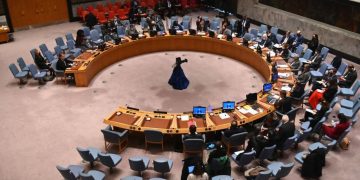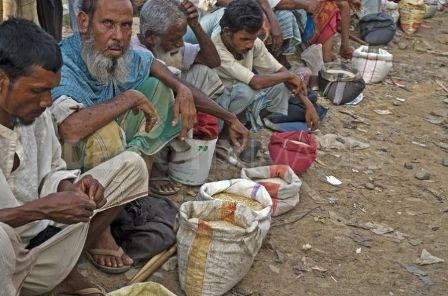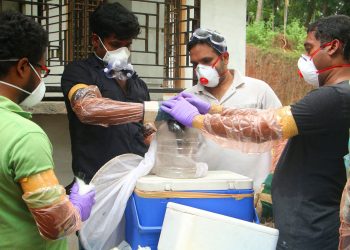Some other funding woes of Sir Cowasjee Jehangir Institute of Psychiatry and Behavioral Sciences, aka Giddu hospital in Hyderabad, also surfaced during the recent visit of the Sindh Human Rights Commission’s Chairman Iqbal Ahmed Detho.
Although the Sindh government has earmarked Rs651 million for the hospital, including Rs377 component for salaries and allowances of employees, the 500-beded hospital is confronted with severe staff shortage. “There are 12 operational wards but we are coping with a crisis of not being able to run the facility 24/7,” a senior officer, who requested anonymity, told The Express Tribune.
According to him, there are six posts of psychiatrists but five of them are vacant. Likewise, the sanctioned strength of the lower staff is 225 but 92 of these posts are also vacant. On the day of the visit on June 26 some 313 out of the 500 beds were occupied, according to Medical Superintendent Dr Nisar Ahmed Soho.
The recently built ward number five with its 200 beds is expected to see its inauguration in August. “Even if it is inaugurated, how can we run it with the staff scarcity,” the officer said.
The proper functioning of Sindh’s largest mental health care facility, which even serves patients from South Punjab and Balochistan, remains handicapped due to shortage of doctors and staff.
Some other funding woes of Sir Cowasjee Jehangir Institute of Psychiatry and Behavioral Sciences, aka Giddu hospital in Hyderabad, also surfaced during the recent visit of the Sindh Human Rights Commission’s Chairman Iqbal Ahmed Detho.
Although the Sindh government has earmarked Rs651 million for the hospital, including Rs377 component for salaries and allowances of employees, the 500-beded hospital is confronted with severe staff shortage. “There are 12 operational wards but we are coping with a crisis of not being able to run the facility 24/7,” a senior officer, who requested anonymity, told The Express Tribune.
According to him, there are six posts of psychiatrists but five of them are vacant. Likewise, the sanctioned strength of the lower staff is 225 but 92 of these posts are also vacant. On the day of the visit on June 26 some 313 out of the 500 beds were occupied, according to Medical Superintendent Dr Nisar Ahmed Soho.
The recently built ward number five with its 200 beds is expected to see its inauguration in August. “Even if it is inaugurated, how can we run it with the staff scarcity,” the officer said.


















































